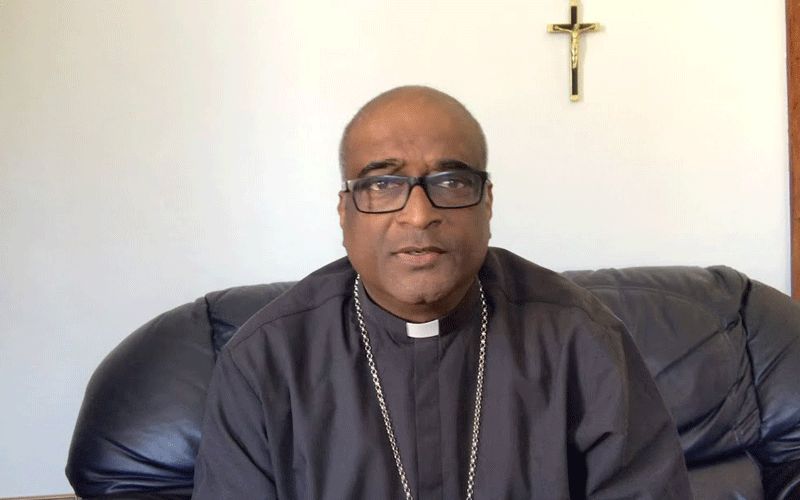Cape Town, 20 July, 2020 / 8:21 pm (ACI Africa).
Faith leaders in South Africa’s Western Cape (WC) Province have designated midday Wednesday of every week as a moment for the people of God in the Ecclesiastical region to show their solidarity with those who have lost their loved ones during the ongoing COVID-19 pandemic.
The decision follows a meeting between faith leaders and government officials in the Province, which covers coasts bordering the Indian and Atlantic oceans and that fall under the jurisdiction of the Catholic Archdiocese of Cape Town.
“Faith Based Leaders took a decision to show solidarity with all who have lost lives or loved ones during the pandemic. Wednesdays at 12:00 was the time chosen,” the Auxiliary Bishop of the Archdiocese of Cape Town, Sylvester David has said in a statement signed July 17 and circulated Monday, July 20.
“All Catholics are requested to either light a candle or to observe a minute of prayerful silence. This could also be an opportunity to go back to the tradition of praying the Angelus,” Bishop David further said and in reference to the part of the Angelus prayer “And the word became flesh,” added that this “reminds us that Christ joined suffering humanity.”
The statement comes at a time when South Africa’s WC government has made it “illegal to have the body in the Church during funerals – irrespective of whether it is a COVID-19 death or not,” the Bishop notes in the one-page letter.








